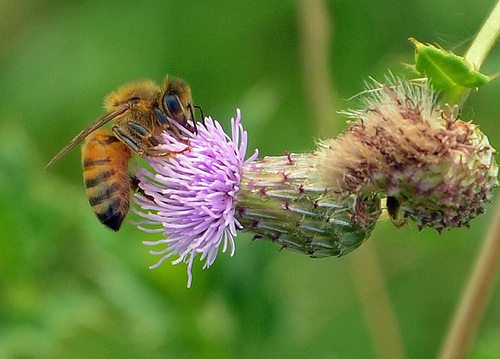
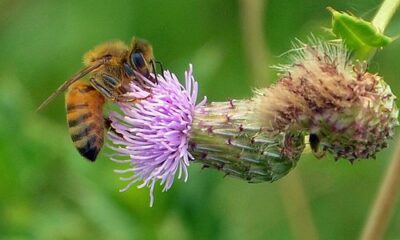

Chemicals giant Syngenta has applied for an “emergency” exemption to use a banned neonicotinoid pesticide on oilseed rape in the UK, a day after a panel...
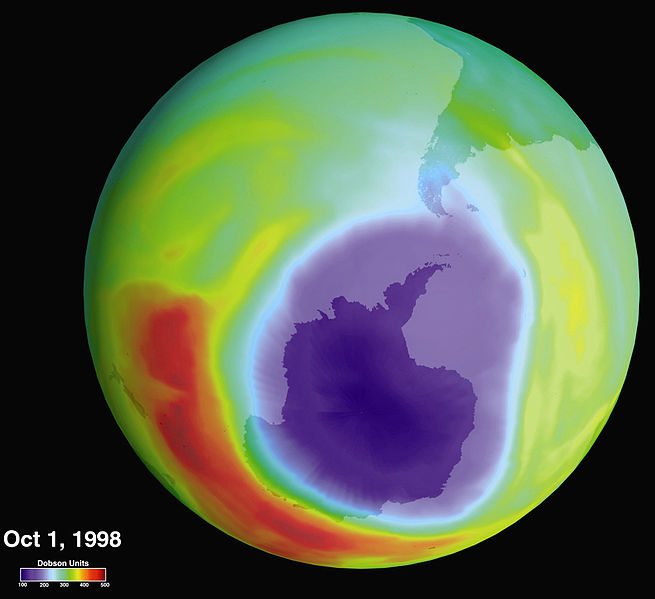


UK scientists have discovered two new types of chlorofluorocarbons (CFCs) and one new hydrochlorofluorocarbon (HCFC) that are almost certainly manmade. The gases contribute to the thinning...



Levels of the pesticide DDT in patients with Alzheimer’s have been found to be four times higher compared to healthy people, suggesting a possible link between...
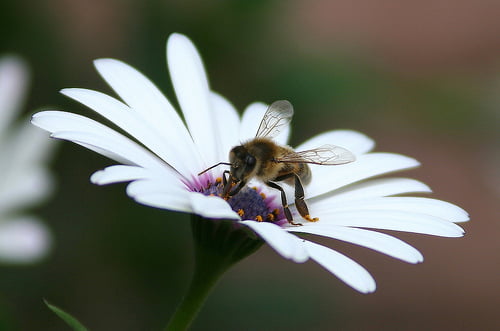
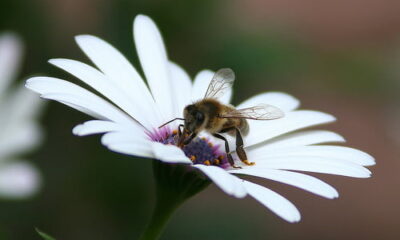

Fipronil is the fourth pesticide that is harmful to honeybees, the European Food Safety Authority (EFSA) has established. It claims that fipronil, which belongs to the...
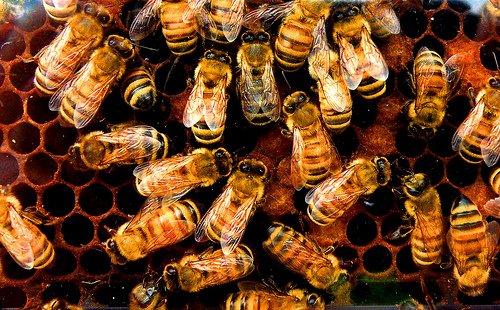
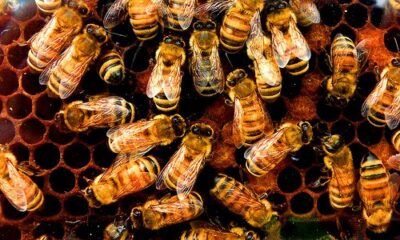

The European commission has confirmed that an EU-wide ban on three neonicotinoid pesticides, that research shows are harmful to bees, will come into place on December...
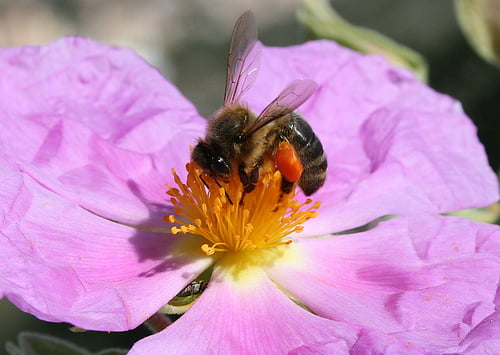
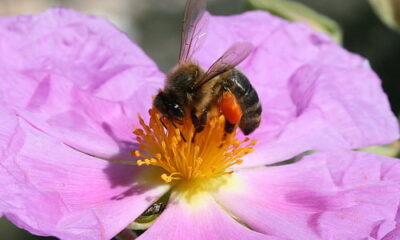

A US research team has tabled a proposal to develop a global monitoring method that will detect small changes in the bee population. The research was...

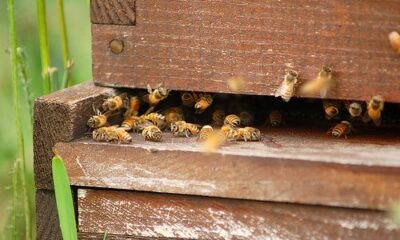

The European Food Standards Agency (EFSA) has picked out a number of dangerous risks to bees posed by a trio of common insecticides. Clothianidin, imidacloprid and...
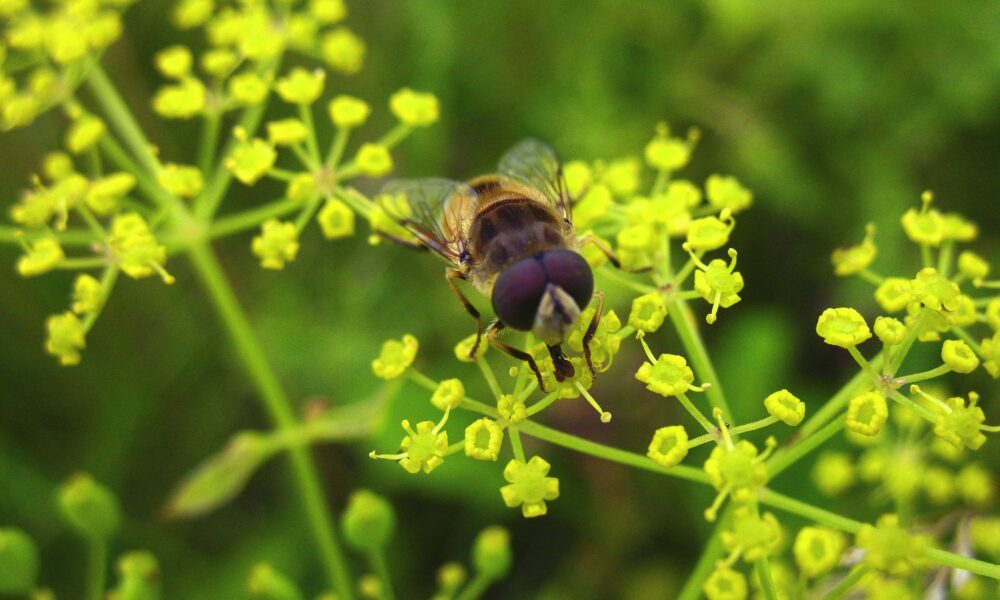
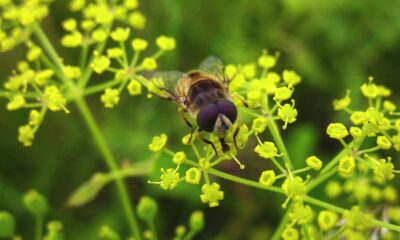

The House of Commons environmental audit committee has tabled evidence that links common insecticides to the declining number of bees. An inquiry was arranged in order...